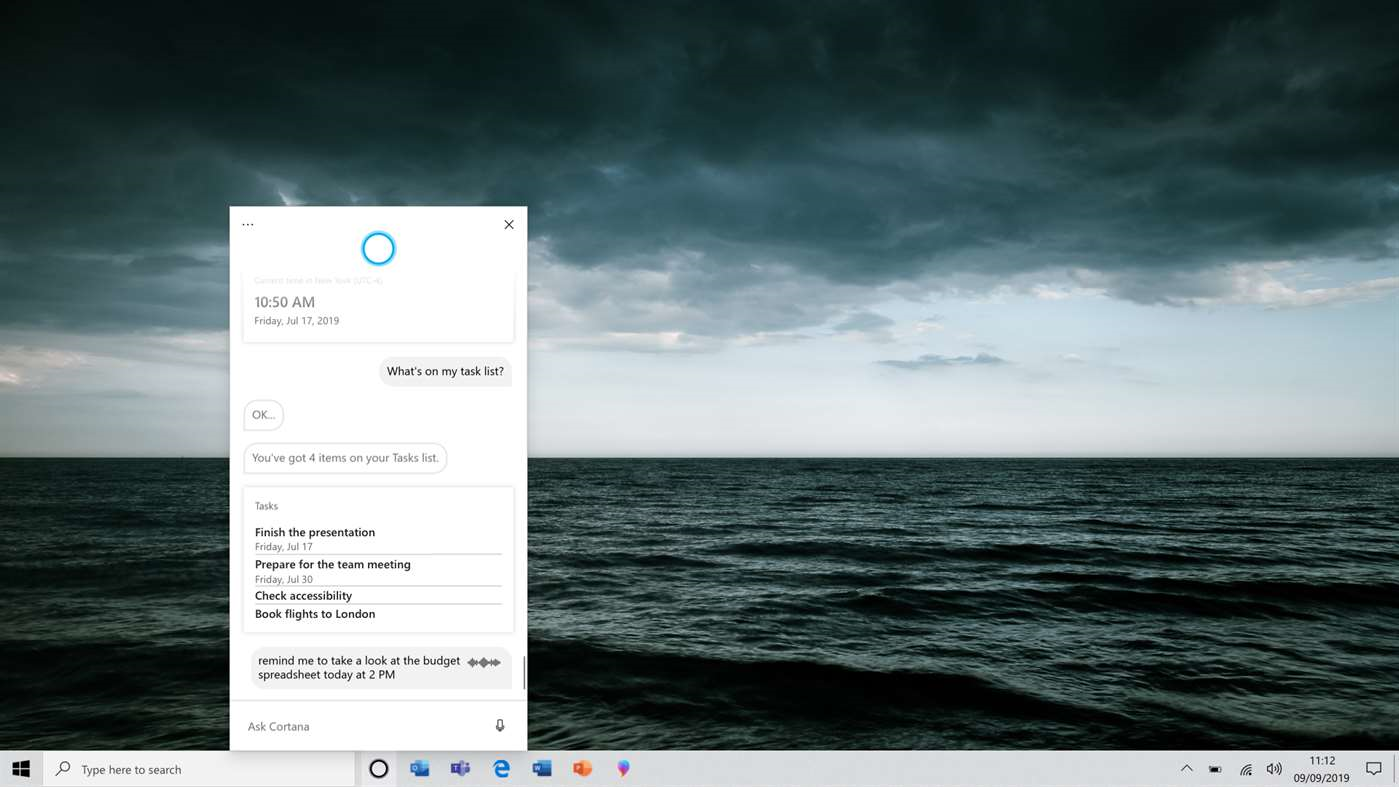Source: Motherboard
Your conversation audio with Cortana will be uploaded to Microsoft and will not be deleted automatically
Recently, the topic of privacy in the technology industry has been stirred up by several tech giants who will record the user’s audio content and analyze it. This is done by Apple, Amazon, Google, and Microsoft, which say that analyzing audio helps improve recognition and responsiveness. Previously Amazon and Google had admitted to recording audio without the user’s consent, and Amazon had chosen to close the recording plan after it was revealed.

The opposite of Amazon’s approach is that Microsoft’s attitude is very strong in this matter, Microsoft decided to continue to implement the recording plan to improve recognition capabilities. Microsoft has just updated its privacy policy and specifically mentioned in the privacy policy that it will record audio, and Microsoft did not explicitly inform users in the privacy policy.
In the privacy policy, Microsoft said that this may include recording transcriptions from Microsoft employees and suppliers, but it needs to follow user privacy procedures to eliminate user identities. That is to say, information such as name, home address, etc., which may refer to the user’s identity, is removed and then transferred to the cloud server for analysis by the automated program. In addition, Microsoft also mentioned that suppliers or contractors and their employees will be required to sign a confidentiality agreement to ensure that the content of the recorded user’s conversation will not be actively disclosed.
Finally, Microsoft’s summary of the problem of recording transcription is:
When you use Skype’s translation features, Skype collects and uses your conversation to help improve Microsoft products and services. To help the translation and speech recognition technology learn and grow, sentences and automatic transcripts are analyzed and any corrections are entered into our system, to build more performant services. This may include transcription of audio recordings by Microsoft employees and vendors, subject to procedures designed to protect users’ privacy, including taking steps to de-identify data, requiring non-disclosure agreements with vendors and their employees, and requiring that vendors meet the high privacy standards set out in European law and elsewhere.
Both Cortana, including Windows 10 and mobile versions, and the translation capabilities of Microsoft’s Skype communication tools, record and transcribe audio.





